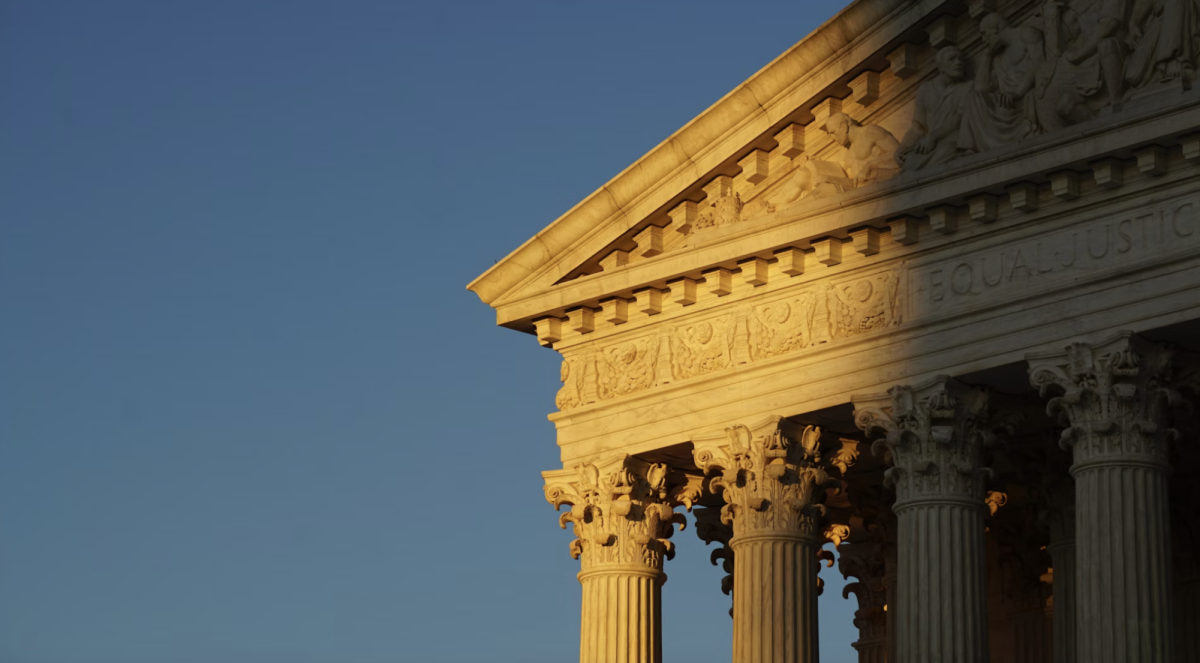As spring approaches us, a loved holiday also does, Easter! We all know Easter best for the Easter Bunny and hunting for those sweet chocolate eggs. But have you ever stopped to think about the history behind Easter? Why do we even have this holiday? Where did it come from?
Also known as Resurrection Sunday, this day commemorates the resurrection of Jesus from the dead. Fun fact, Easter is also referred to as Pascha from Aramaic, Greek, and Latin. The New Testament describes this third day as following the crucifixion and later burial by the Romans at Cavalry. Some also consider this a festival as well as a religious holiday. Even the modern traditions are rooted in ancient culture. It also originated to celebrate the spring equinox.
Some heritages can be translated to Passover in reference to Judaism as well. As for the infamous Easter Bunny, that doesn’t really have much historical significance. Germans brought it about as they migrated to America with their own traditions and mixing the beliefs. The bunny rabbit can also be thought to represent fertility in the time of celebrating new life.
Easter is called Easter because it symbolizes new life and rebirth. This is where the eggs come into play. When you think about it, the eggs also represent this ideology. The term Easter can be traced back to a goddess in England.
In addition, Easter stands for patience in fasting to mark the joyful ending of the Lenten season. It is also recorded that the earliest observance of this holiday dates back to the second century. Despite this, it may also be more likely that it comes from further back in history.
During the 40 days prior to Easter, Lent is observed with fasting, in which eggs were prohibited, so eggs on Easter were a treat in the medieval period. As you can see, there is a surplus of history surrounding Easter that not enough people know about. Spread it!







